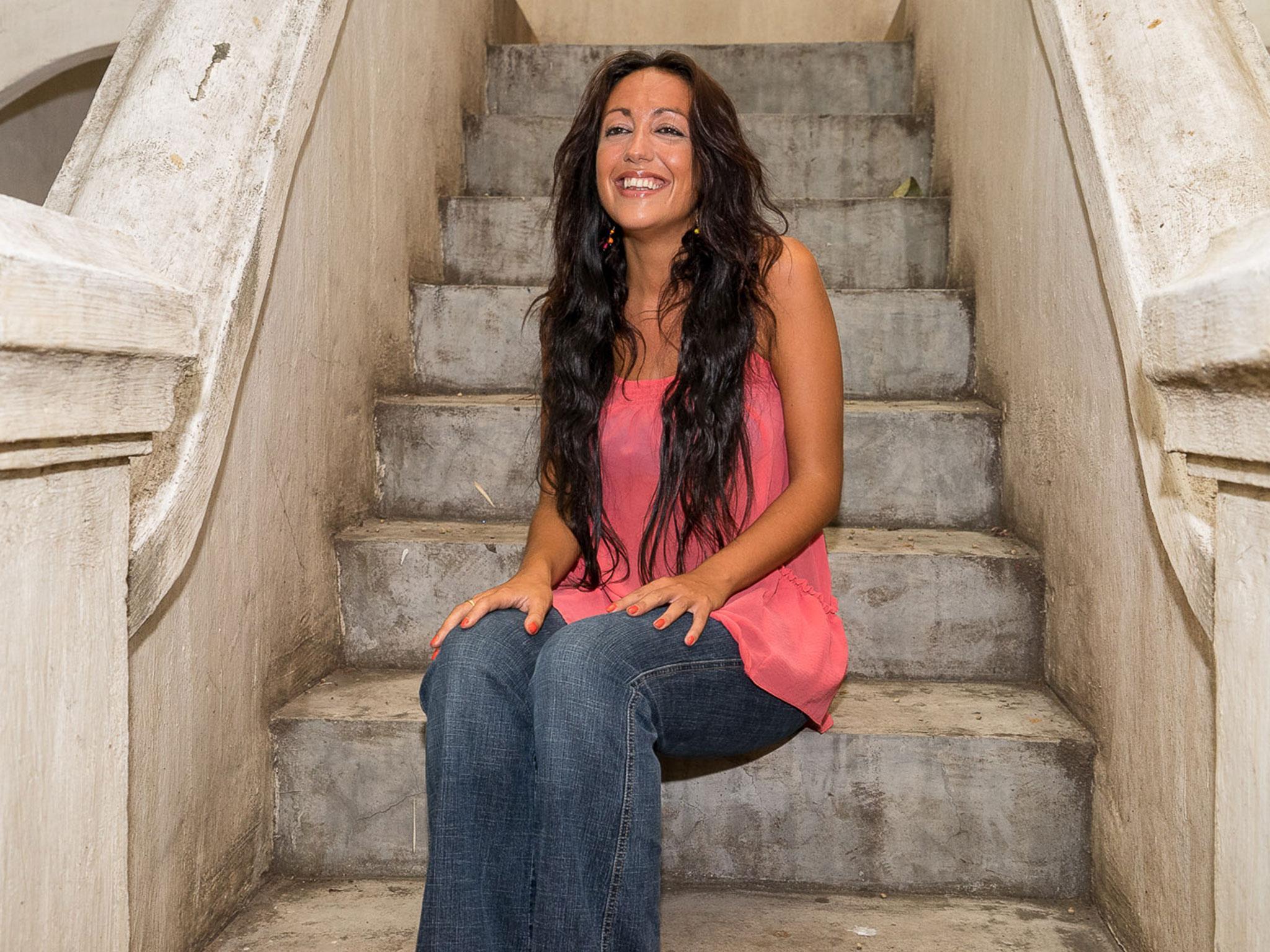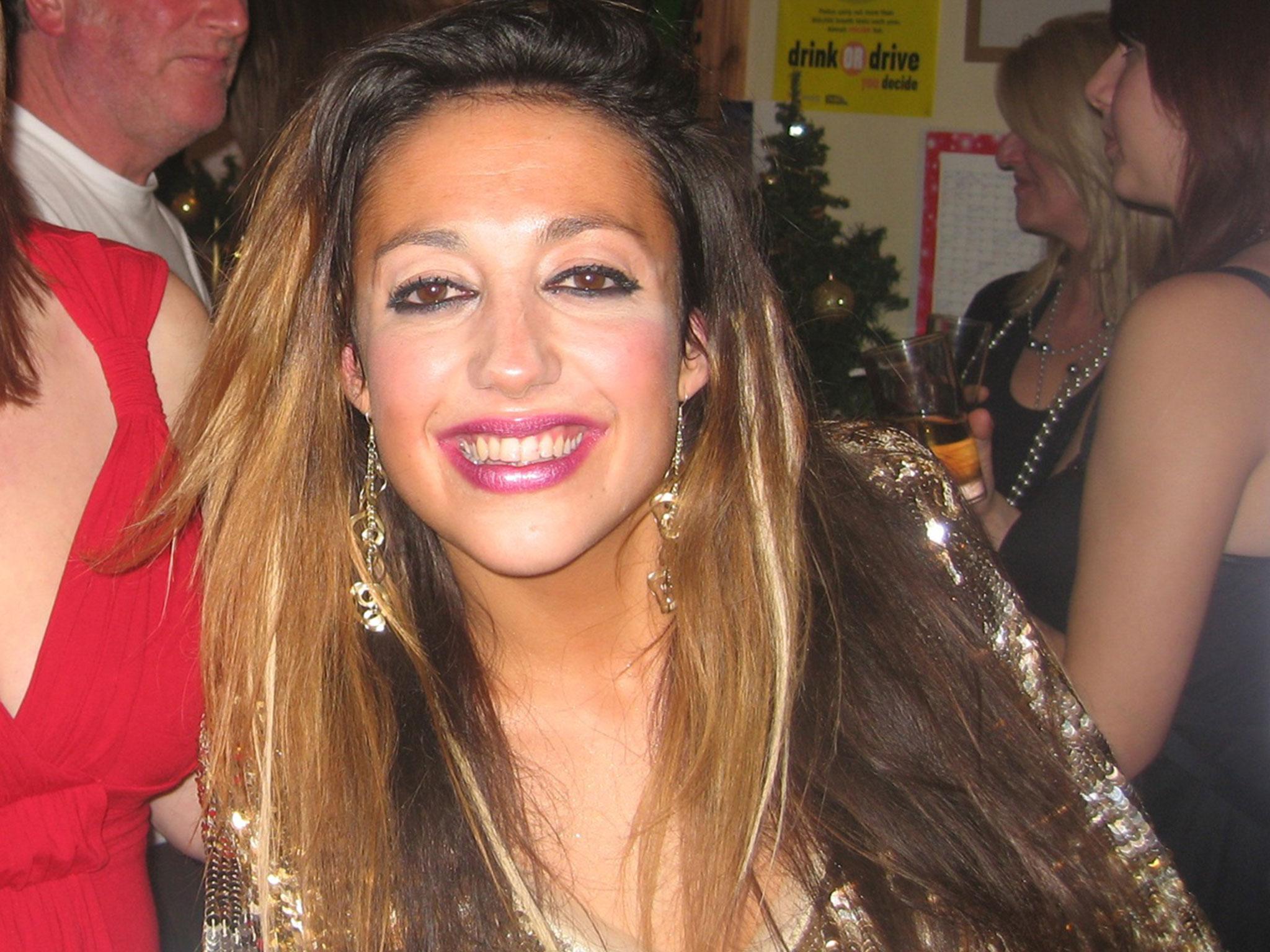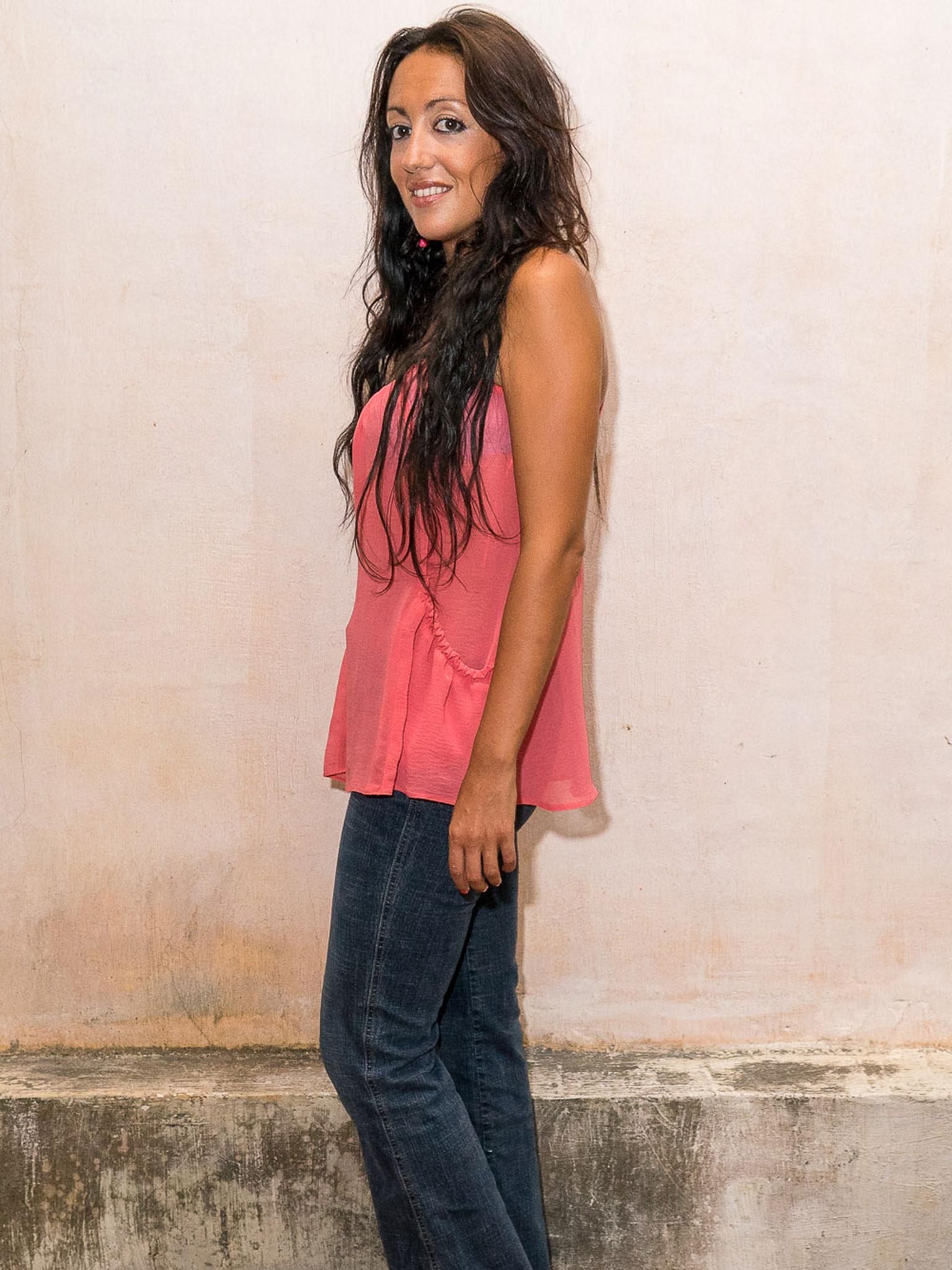I stole thousands from JP Morgan to fund my drug habit – my story proves addicts have a future
Emily McMillan made headlines for fraud and theft six years ago. Now clean, she talks to Kashmira Gander about hitting rock bottom, rehab and recovery.

Your support helps us to tell the story
From reproductive rights to climate change to Big Tech, The Independent is on the ground when the story is developing. Whether it's investigating the financials of Elon Musk's pro-Trump PAC or producing our latest documentary, 'The A Word', which shines a light on the American women fighting for reproductive rights, we know how important it is to parse out the facts from the messaging.
At such a critical moment in US history, we need reporters on the ground. Your donation allows us to keep sending journalists to speak to both sides of the story.
The Independent is trusted by Americans across the entire political spectrum. And unlike many other quality news outlets, we choose not to lock Americans out of our reporting and analysis with paywalls. We believe quality journalism should be available to everyone, paid for by those who can afford it.
Your support makes all the difference.They all say "it’ll never happen to me". Who expects to become a drug addict? Or get caught in a spiral of debt and crime to fund that habit? It was not until Emily McMillan collapsed on the floor of a courtroom, after being convicted of fraud and theft, that she hit rock bottom. She was an addict, and she needed help.
That was six years ago, when she was working as a PA to senior executives at a top banking firm. Her face was plastered across newspapers when it was discovered she had funded a friend’s boob job – to repay a debt – with money stolen from the bank. McMillan has been clean since then. Now, aged 33, she hopes her life proves that anyone can be hooked on drugs, but more importantly that addicts like her can change, do change and can remain clean.
McMillan’s relationship with drinking and drugs is a familiar story. Growing up in Sudbury, Suffolk, she started drinking to the point of blacking out at the age of 14. Her first joint was smoked at 20, and she had her first taste of cocaine, shortly after.
“I used cocaine as much as I could. If I had money I wanted cocaine,” recalls McMillan. But her drug use spiralled out of control when she landed a job at top investment bank JP Morgan. In her mid-twenties, McMillan dived into all the hedonism the capital offered. At first she’d commute to work from the small market town. But she was soon taking drugs to stay awake, and regularly hired hotel rooms after missing the last train home. At the height of her addiction she was snorting four grams of cocaine a day as well as taking legal highs.
“I don’t think I ever really managed life, money or relationships very well,” admits McMillan, “however working in London, paying higher prices and indulging in the party scene took its toll. I didn’t sleep much in the last six months of my using, and I was extremely detached from reality. I borrowed money from everyone who loved me enough to trust me, without the means of paying it back.”
As her drug use span out of control so did her debt. She spent between £200 and £700 a night despite having a £32,000 annual salary.

In her unstable state, the corporate credit cards she had access to seemed like a life-line. What she did next, McMillan believes, was a subconscious act of self-sabotage.
“I took drugs before committing the fraud. I remember it vividly, like it was yesterday. I never thought I would go to such lengths to fund my drug habit. I could see no other way.”
Between March and May, 2011, McMillan stole £10,633 to repay debts. The fraud started when she paid £3,000 towards her brother’s mortgage. One indebted friend received cosmetic breast surgery, while another joined her on a girl’s holiday to Ibiza, costing £758. McMillan also stole £875 in foreign petty cash.

McMillan was crudely hit with the reality of what she’d done when she returned from that trip when the firm had performed a routine audit. She was arrested, and admitted to four counts of fraud and one of theft. Owing to her clean record, her efforts to pay the money back and her desire to tackle her addiction, the judge spared her a prison sentence. Instead, she was ordered to carry out 100 hours of unpaid community service, repay the money owed to JP Morgan, and undergo six-months of drug rehabilitation.
It was in court, with tears streaming down her face, that she experienced her lowest moment. “I fell through the court door in bits and realised this was not what I wanted for my life, it was time to start again, and I did.”
McMillan began her journey at Focus 12, a charity which offers residential drug and alcohol addiction treatment in Bury St Edmunds, around 20 miles from where she grew up.
During those nine weeks, she underwent an intensive programme which involved group therapy, one-to-one-sessions, and assignments to help her understand the consequences and devastation of drug addiction. Group activities such as yoga, meanwhile, encouraged a holistic approach to recovery. “Getting clean and going through rehab was the hardest thing I’ve ever done,” she says, adding it felt “unnatural” at first to not have drugs in her system.
“I had to change everything about myself. Recovery means facing all of your demons. It takes persistence and recommitment daily to ensure abstinence.”
It was during this period that McMillan was finally honest with herself and learned to stop blaming others. “I’d survived some awfully degrading situations and I was lucky to be alive.”
But recovery is an on-going, never-ending process, and McMillan continues to attend mutual aid groups. One of her proudest milestones was the birth of her first child, Bow Eliza Meade, in November last year.
She now works at Focus 12, after a brief stint at a hospitality firm, Chevington Finance and Leasing, which was inspired by her journey to donate £100,000 to the charity.
By sharing her story, McMillan hopes to raise awareness – among employers and those trapped in a cycle of addiction – that people like her aren’t doomed. “Not everyone is lucky to have the kind of support I did. It is important that we realise the lie 'once an addict always and addict’ is dead.”
Join our commenting forum
Join thought-provoking conversations, follow other Independent readers and see their replies
Comments